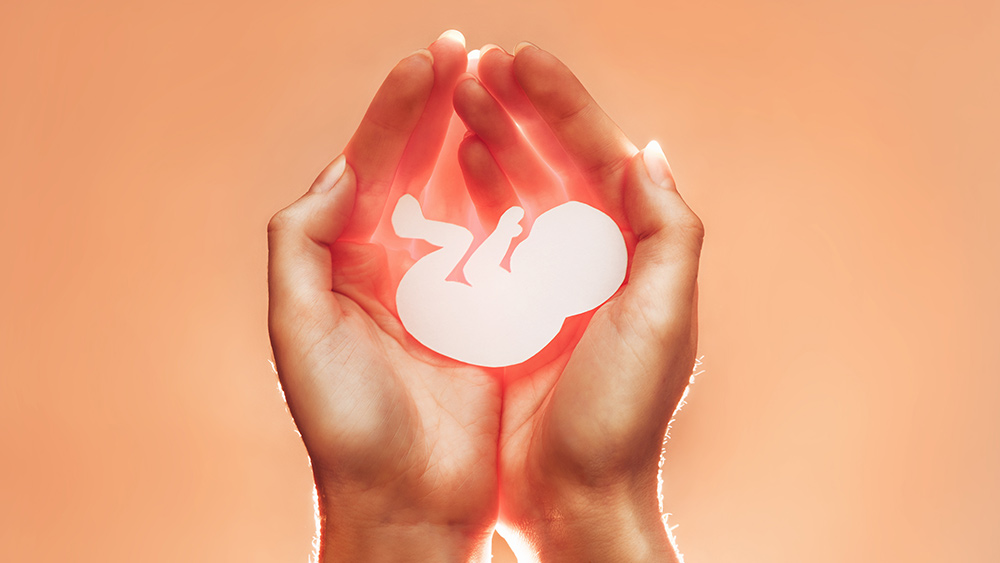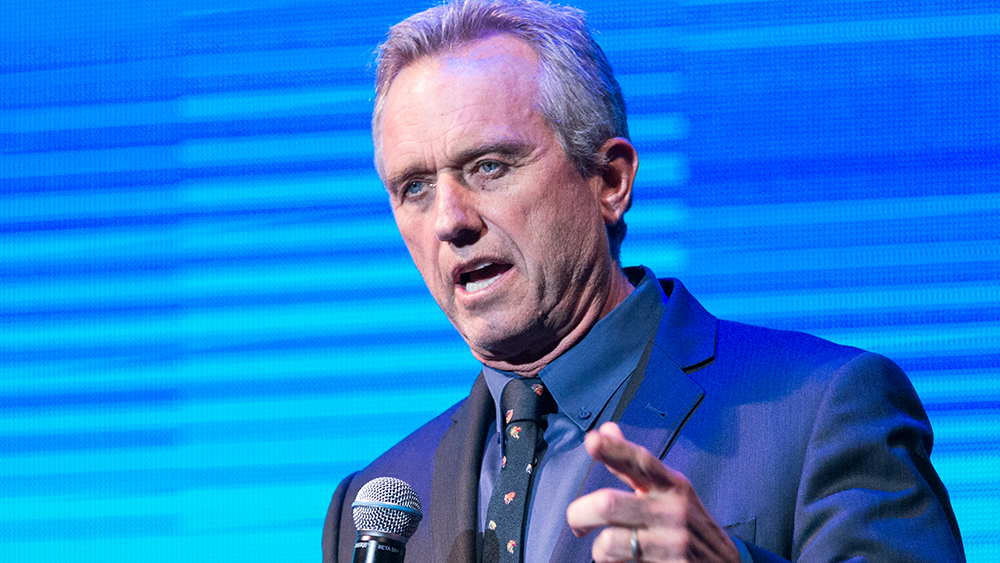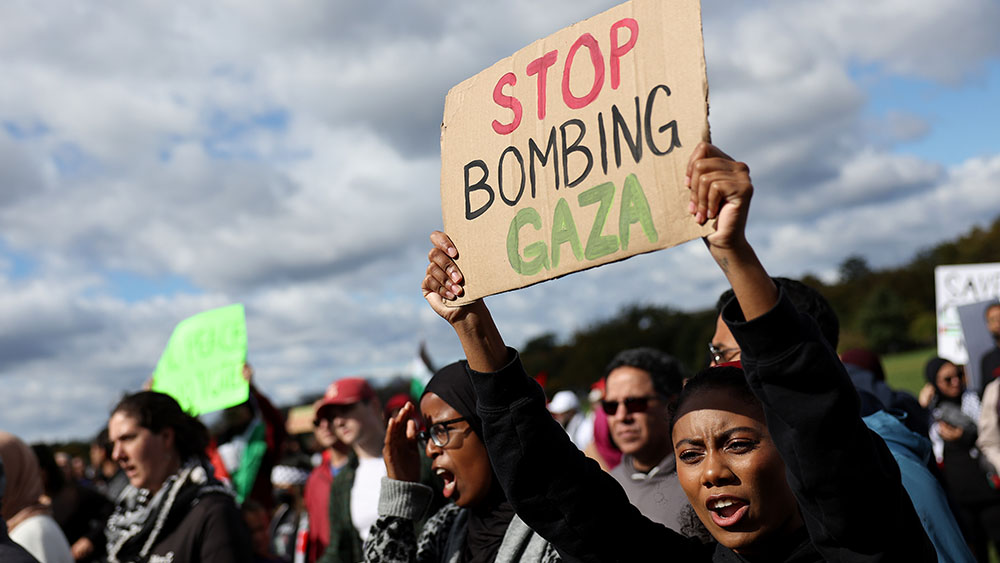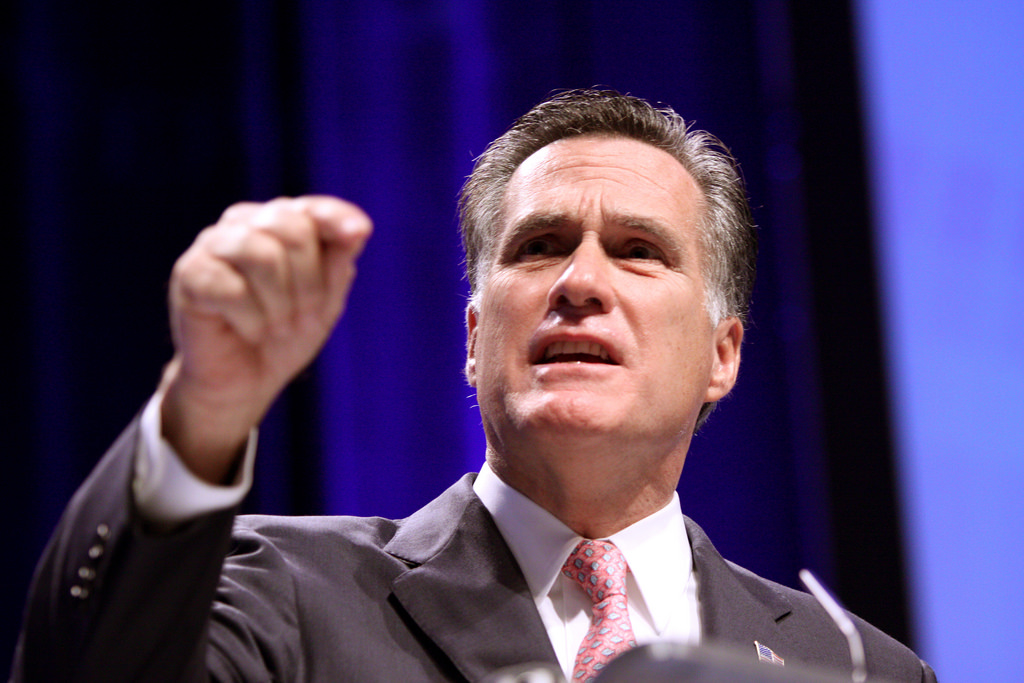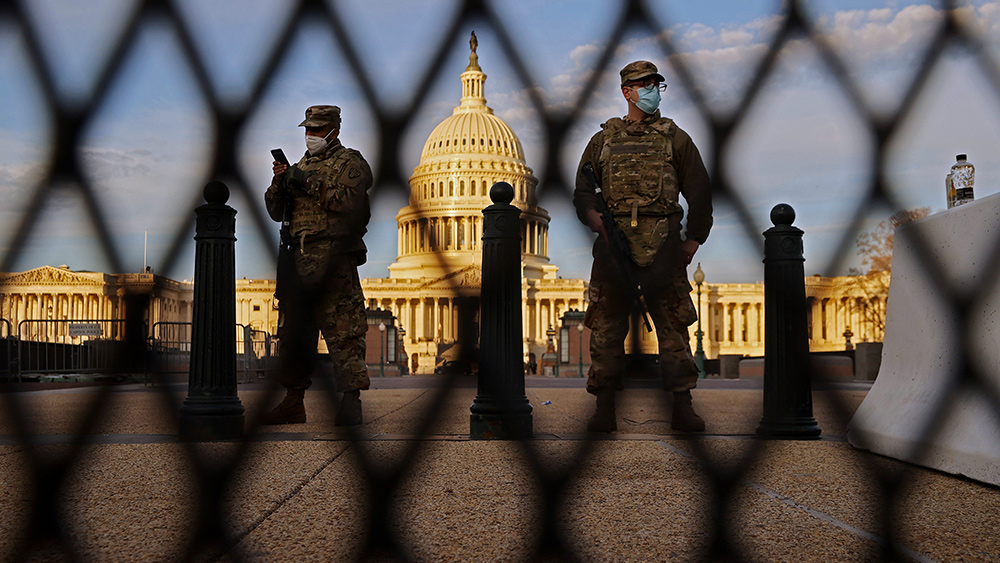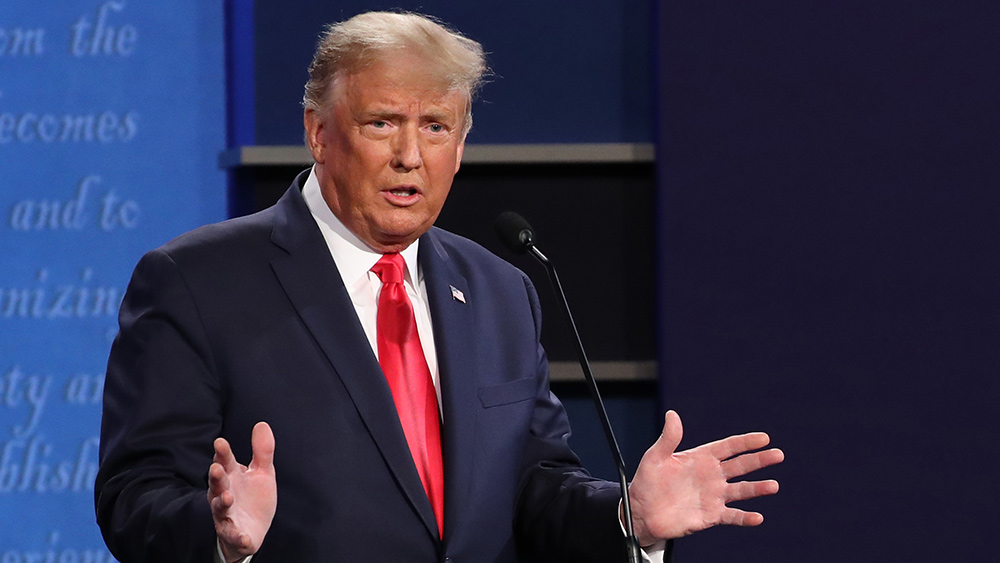Flemish MEP warns right-wingers will be censored and kicked off social media
05/10/2024 / By Belle Carter

In an exclusive interview with ReMix News, senior Belgian nationalist lawmaker Gerolf Annemans warned conservative political parties across Europe as mass censorship by the liberal establishment is inevitably coming soon.
During the Conservative Political Action Conference (CPAC) in Hungary last week, the Vlaams Belang MEP and president of the European Identity and Democracy group said the right-wingers should start with the contingency plans on how their voices will continue to be heard when they are banned and kicked out off the internet and social media platforms.
“Globally, we expect that we have to seek alternatives. That’s why we now organize visiting homes on a very large scale. We are shifting toward means that allow us to reach the electorate even if we are cut off on social media,” said Annemans. “We have new means to talk to the people. People want to hear us. So, the people are open to hear and to listen to us and we adapt to the situation. We expect social media to be shut down for normal political communication.”
Annemans’ party has had considerable success on social media in recent years. It has 620,000 followers on Facebook. Furthermore, it is the most popular party with young people on TikTok. However, their social media presence will inevitably result in a backlash as he alerted that a major crackdown was coming against those across the European Union whose views deviate from the typical left-wing mainstream and that conservative parties need to find workarounds, including face-to-face meetings with the public.
“We invest where we can and we use the means that we have, but of course that cannot rely [on social media] for more than a few years because we see what the European Union is doing with the Digital Services Act [DSA],” he said. DSA has just been rolled out, forcing more than 40 online giants to police the content they deliver within the European Union starting August 25. The bloc attempts to regulate social media, placing requirements on digital platforms to monitor content and remove that is deemed to fall short of being “socially desirable” as early as 2022 when it was initially proposed. (Related: SILENCE! EU’s censorship law is now legally enforceable across social media platforms and search engines.)
He sees a little hope on X, formerly Twitter, as Big Tech mogul Elon Musk has been claiming to be a “free speech” proponent. But Annemans is skeptical that the platform can stay immune from the rising tide of regulation and censorship. “There is a little change with the coming up of Elon Musk on Twitter. But of course, as you know, Twitter is not the only thing, but they’re also on it. He’s a sign of hope and even he, we will have to wait and see. Will he prevail? I’m not even sure that he will be able to keep up this free zone,” the senior MEP warned.
Media watchdog reveals rise in media censorship in Eastern Europe, Central Asia
Media watchdog Reporters Without Borders (RSF) recently reported that there has been a massive increase in the suppression of press freedom over the past year in Eastern Europe and Central Asia.
The report published on May 3 noted the media situation in Belarus, where its president, Alyaksandr Lukashenka persecutes reporters under the excuse of fighting “extremism.” It also included Georgia, where the government has been pushing “foreign agent” legislation modeled on Russian law. Belarus dropped 10 positions to 167th in the world, while Georgia, at 103th, fell a whopping 26 places.
“Media censorship has intensified in a spectacular mimicry of Russian repressive methods,” RSF remarked, claiming the countries are modeling after Russia. Meanwhile, the Eurasian country, which ranked 162nd out of 180 countries, has reportedly continued its campaign against independent journalism. At the moment, some foreign journalists are still in prison as more than 1,500 have left the country since the start of the war.
Azerbaijan fell 13 places to 164th mainly due to the authorities’ crackdown on the media before its presidential election while the deteriorating situation in Serbia, which was down seven positions to 98th place, served as an example of the “Kremlin’s long reach,” the report claimed. On the other hand, RSF noted a “positive development” on the 18-place jump made by Ukraine due to what it said are “improvements in the security and political indicators.” Political interference in Ukraine has fallen, with the country being currently ranked 61st, the report claimed.
In Eastern Europe, the report notes a “dangerous trend” by some governments to stifle independent journalism, which RSF calls “Orbanization,” after Hungarian Prime Minister Viktor Orban. Orban, in power since 2010, has been accused of muzzling the free press. Hungary is currently in 67th place. In Slovakia, ranked 29th, the situation is also deteriorating under Russia-friendly Prime Minister Robert Fico, RSF says. Meanwhile, Turkmenistan, where independent reporting is completely banned, is listed 175th. Kyrgyzstan is at 120th. In Afghanistan, where the persecution of journalists has been “incessant” since the return of the Taliban to power in 2021, three journalists were killed and at least 25 were detained over the past year. Afghanistan dropped 26 places to 178th out of a total of 180 countries in the index.
Bookmark Censorship.news to catch updates on how free speech is being suppressed worldwide.
Sources for this article include:
Submit a correction >>
Tagged Under:
biased, big government, Censorship, conservatives, conspiracy, Digital Services Act, Elon Musk, EU, Europe, fascism, free press, free speech, freedom, Gerolf Annemans, identity politics, left cult, right-wing, Social media, speech police, thought police, Tyranny, Vlaams Belang
This article may contain statements that reflect the opinion of the author
RECENT NEWS & ARTICLES
COPYRIGHT © 2017 PENSIONS NEWS

